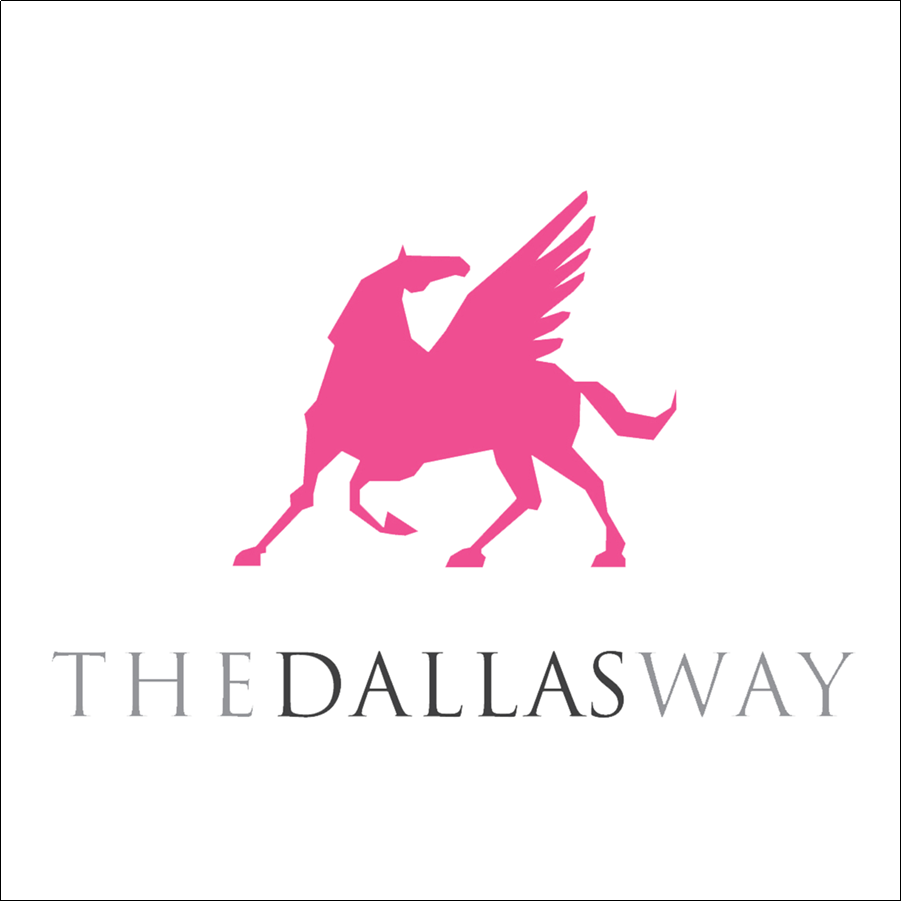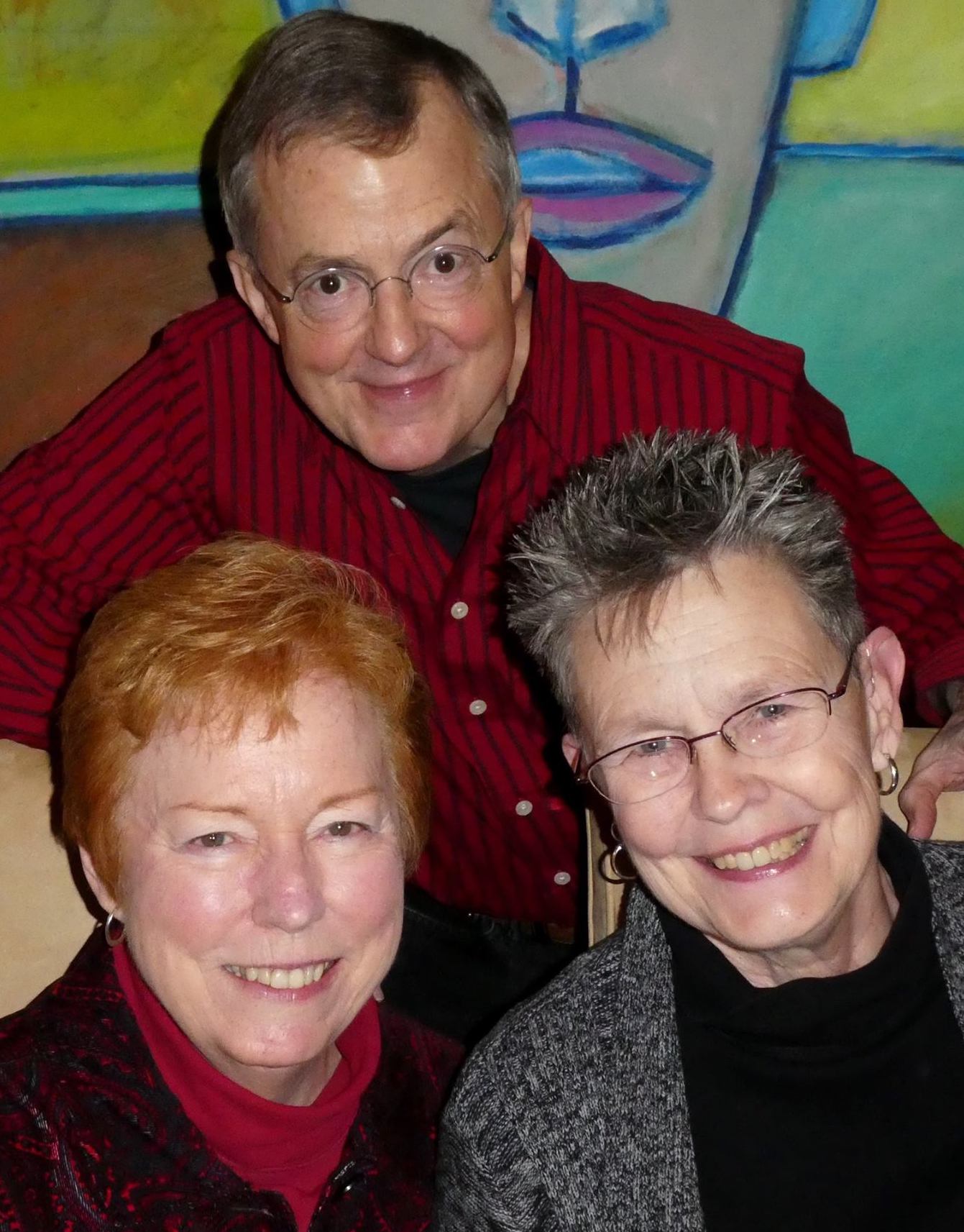Editor's Note: The following transcript is based upon an oral history presentation made by Dr. Louise Young and Vivienne Armstrong in Dallas, Texas, on January 30, 2014.
Dr. Louise Young & Vivienne Armstrong
Louise: In the spring 1971 I was a graduate teaching assistant in geography at the University of Colorado in Boulder. I was working on my Ph.D. I met a gay man (one of my lab students who asked me over coffee “Are you gay?”). I joined the Gay Liberation Front and had my first speaking engagement at a Rotary Club meeting in March 1971.
In April of that year, I met Vivienne at a Gay Liberation Front meeting at CU and also accepted a job teaching geography at my alma mater, East Central University in Ada, Oklahoma. Viv and I moved to Ada in August 1971. I lost my job at East Central University after I finished my Ph.D. in 1975. I was not rehired after a leave of absence, and since I was not tenured, there was no legal recourse. That propelled me even deeper into activism.
Viv: In the spring of 1969 I visited my first gay bar. I was called “Lezzie” on the way in by car full of boys. I moved to Denver in August 1969 where I met two women who had unsuccessfully tried to start a chapter of the Daughters of Bilitis. They moved two weeks later, leaving me the keys to the PO Box and a subscription of the Ladder, the lesbian literary magazine which came in a “plain brown wrapper.”This is how women had communicated in the 50s and 60s. The PO Box had a few inquiries that led me in 1971 to the newly formed Gay Liberation Front at the University of Colorado in Boulder. That is where I met Louise.
In August 1976 I was told that my “gay lifestyle” prevented my being hired, so we moved to Dallas that September. Since we did not know anyone in the Dallas area, we called the Dallas Police “vice squad” for the location of gar bars like we had done before when traveling.
Louise: So in 1976, newly arrived in Dallas, Viv and I went to a women’s bar with a red door on lower McKinney. There we saw a poster for the newly-formed Dallas Gay Political Caucus. We attended our first meeting in February 1977. Chance West was the first president and Pat Cherry the vice president. There was a leadership challenge at this meeting meeting led by Don Baker, Dick Peeples and Steve Wilkins. Steve Wilkins was elected president, and in March of 1977 I became secretary of DGPC.
Viv & Louise with old comrade: Dick Peeples
On June 7, 1977, the Dade County Florida nondiscrimination ordinance was repealed by a referendum vote of 69% to 31%. The repeal referendum was championed byAnita Bryant, a former Miss Oklahoma (1959) and then Florida Orange Juice Commission representative. Her anti-gay organization was called Save Our Children, and its slogan was “Adam & Eve not Adam & Steve.” Save Our Children was considered the first organized opposition to the growing gay rights movement in the United States. In late June, 1977, she was scheduled to speak at a Texas Bar Association meeting in Houston, and the DGPC sent several hundred volunteers to Houston to attend the large protest march (over 13,000 people marched). She was slated to sing on July 4thin Brownwood, Texas, and DGPC placed full-page news ad in the local paper.
The Dade County referendum galvanized gay communities across the country as never before. Florida orange juice was boycotted and gay bars in Dallas and elsewhere stopped serving screwdrivers, replacing them with the “Anita Bryant” ... a cocktail made with vodka and apple juice. DGPC meetings swelled to 200 or more in attendance. People were mad!
At the time Dallas had a limited number of organizations: the bars, MCC, DGPC, OLTA, a lesbian motorcycle club, and small social groups.
First DGPC Retreat (1977): Don Baker, Dick Peeples, Louise Young, Steve Wilkins, Jerry Ward
All while this was happening in Florida, in early June of 1977, the board of DGPC conducted the organization’s first retreat at our home in East Dallas, to work on a statement of the mission and to define the goals of the organization. Steve Wilkins, as president, favored a businesslike approach he called “The Dallas Way” for interacting with other Dallas organizations, groups and civic leadership. “You put on your pinstriped suit and wingtips and carry your briefcase to meet them on their level.” Among our specific goals were: the repeal of Section 21.06 of TX penal code, education of the straight community about our issues, and growing the DGPC membership. Our first committee structure was comprised of a Political Action committee, an Education committee, Legal/Social Justice, Religion & Life, Membership/Outreach, and Publicity/Newsletter. We presented the results of the board retreat to an enthused and energized membership at the June ’77 meeting. People signed up for committee slots, and we rolled up our sleeves and got to work.
Political Activism: In the spring of 1977 the Dallas City Council races were underway and DGPC gave its first political endorsement to the Rev. Jim Harris of MCC, the first-ever openly gay candidate for office in Dallas. In June 1977, Steve Wilkins and Louise Young attended the National Gay Leadership Conference in Denver, Colorado. In July 1977, Vivienne and Louise attended the Texas Democratic Party Leadership Conference in Austin.
September 1977, under the leadership of Steve Wilkins, the DGPC undertook a week-long series of varied events to energize and organize the Dallas and Texas community and increase awareness of DGPC. “DGPC Week” involved drag show, talks, movies, sports events, roller skating … culminating in a picnic at Bachman Lake with a volleyball tournament.
In June of 1978 the Texas Gay Leadership Conference V was held at the Royal Coach Inn on Northwest Highway, chaired by Steve Wilkins. The conference featured Harvey Milk, elected in 1977 as the first openly gay San Francisco City Supervisor and Virginia (“Ginny”) Apuzzo of New York, a political advisor to Democratic President Jimmy Carter.
Viv with Charles Rose yard signs.
In the 1978 Democratic Party Primary, DGPC’s political action committee endorsed Charles Rose for State Representative. This was the first full campaign commitment the organization made. Rose opposed the homophobic incumbent Clay Smothers who led legislative support to keep Section 21.06 in the state penal. Rose lost in a close vote.
In the fall of 1978, DGPC hosted the Dr. Norman Pittinger Conference, a two-day event held at Midway Hills Christian Church in Dallas. It was our first major outreach to the mainstream religious community.
November 1978 Jim Mattox was re-elected to Congress with DGPC’s endorsement and large Oak Lawn support. This was the first time the Oak Lawn precincts had gone Democratic. Our first demonstrated political ballot strength!
In October 1979, the National March on Washington brought more activitism and energy to the movement in Dallas. Bill Nelson, Terry Tebedo, Mike Richards, Cobb Keller, Ann Brown and others soon took on leadership positions in DGPC.
Louise Young and Al Calkin
In the spring of 1980, Don Baker conceived a plan to energize the gay north Texas community to take an interest in the primary elections, register to vote, vote, present resolutions to repeal Section 21.06 and non-discrimination in employment, housing and public accommodations and get delegates elected to district party conventions. This well organized undertaking took on the name “Project ’80.” DGPC leaders’ efforts (especially Baker, Nelson, Tebedo and Keller) resulted in unprecedented participation by gay voters and ultimately resulted in the election of Don Baker as a delegate and Al Calkin and Louise Young as alternate delegates to the Democratic National Convention in held in August in New York City.
In late 1980 an on into February 1981, the Dallas community saw efforts to change the name of DGPC. Debate was acute whether to include “lesbian” in DGPC’s newly proposed name-change to the “Dallas Gay Alliance” By 1985 HIV and other programs were beginning to compete for the resources of the DGA. A new, wholly political organization was formed, the Lesbian Gay Political Caucus.
During this time informal coalitions were formed with Democratic Party and neighborhood activists. DGPC/DGA/LGPC members became participants in black and Hispanic and women’s organizations. Contrary to popular thought, there was some active Republican participation in DGPC, DGA and LGPC. Efforts were made to seek and present bipartisan endorsements and non-partisan participation in local city and school board elections.
The recipe for our success: Voter Registration – initially we asked permission to keep contact information when we registered new voters. Contact information was written by hand on 4x5 cards that were kept confidential. For purposes of supplying voters with voting information, candidates and issues were screened by questionnaires and interviews. Endorsements were made by members only and approved by the membership as a whole. Those endorsements were then publicized in the gay media, mailings (initially hand addressed) and by the use of “push cards.” Phone banks (initially on rotary phones) were used to contact voters to remind and assist them to get to the correct polls. A voter information hotline was staffed on Election Day to assist our voters. Our member precinct chairs also had voter contacts in their areas.
Poll Watchers were placed where concern for election fairness existed. And election results were tracked precinct by precinct and race by race to evaluate our effectiveness.
Over the years these efforts took literally hundreds of volunteers and thousands of hours to contact what became over 10,000 voters!
The long-term results of Project ’80 were impressive. Both Democratic and Republican party precinct chairs were elected. Delegates were sent to district, state and national conventions where their contact with mainstream party members and elected officials forever change attitudes and political positions.In 1984-1988 Dr. Louise Young was elected the first openly gay committee member of the Texas State Democratic Party. Numerous gays and lesbians were appointed to City of Dallas boards and commissions where the needs and viewpoints of the GLBT community were represented. In 1989, Craig McDaniel was elected as the first openly gay Dallas City Council representative (although other closeted GLB persons had served on the Dallas City Council previously … In one term, some counted as many as 6 or 7 closeted community members on Dallas City Council).
Professional crossroads
Viv:
Appointed by Mayor Annette Strauss, served on the City of Dallas Health and Human Services Commission 1986-1990.
Dallas County HIV Services Study Commission 1988.
Dallas County HIV Services Planning Council 1991-1999.
Texas Department of Health HIV Advisory Board 1994-96
Proudly involved the Visiting Nurse Association of Texas in the efforts to provide home care, hospice, Meals on Wheels and nutritional supplements to those with HIV from 1984 to 1999.
Louise:
Work Place equality
HRC Business Council
Texas Instruments
Raytheon career
Out & Equal
Note: Louise and Viv entered a civil union in Vermont in 2000, and were married in San Mateo, California in 2008.
In 2016 Viv and Louise donated their historical archives, collected over many decades, to The Dallas Way for permanent preservation and on-line access in The Portal To Texas History, a project of the University of North Texas in Denton. Their hundreds of documents will be carefully preserved in museum-quality binders, meticulously described by UNT staff in order to facilitate future research, and digitally scanned for full visual access over the Internet for many years to come.
Archive curating session (2016), front row: Vivienne Armstrong, Louise Young, Robert Emery. Back row: De'An Roper, Mike Anglin.










